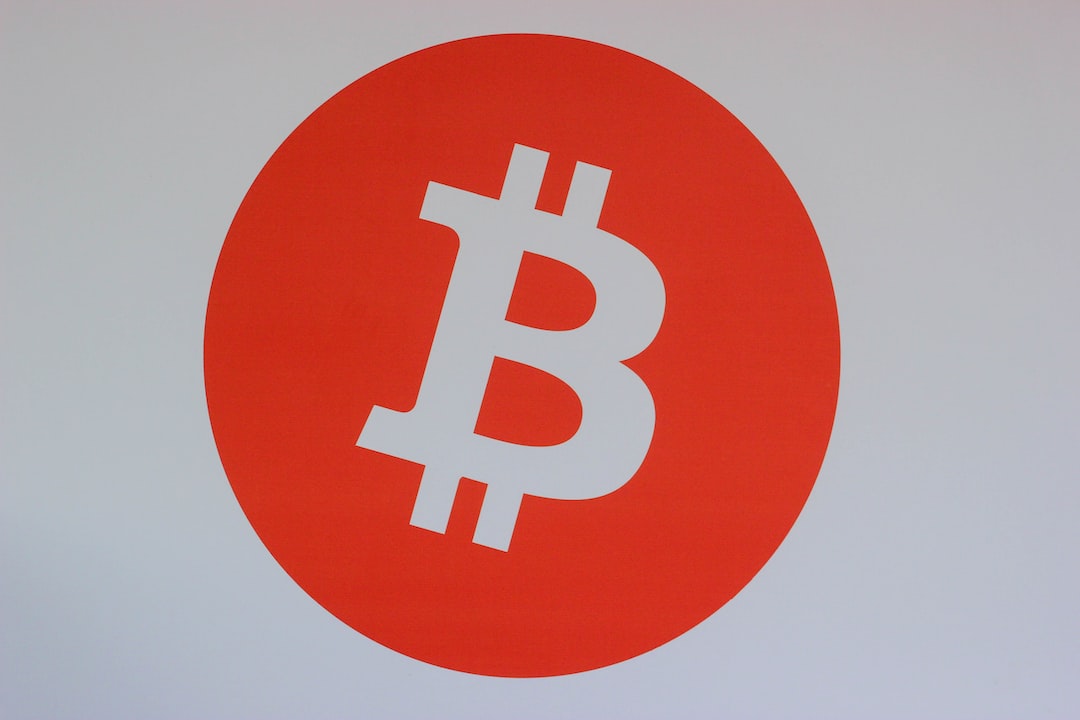“`
The Contrasting Approaches of the SEC and the US Judiciary in Cryptocurrency Regulation
The Securities and Exchange Commission (SEC) has been at the forefront of regulatory efforts in the cryptocurrency industry. However, recent lawsuits and rulings involving prominent cryptocurrency entities have highlighted the contrasting approaches of the SEC and the US judiciary. This article explores why the US judiciary is emerging as a proponent of cryptocurrency innovation while the SEC’s stance is evolving to protect the interests of this burgeoning industry.
Lawsuits Against GrayScale
In late 2020, GrayScale, a leading digital asset management company, faced an SEC lawsuit accusing it of selling unregistered securities in the form of its Bitcoin Trust. This case demonstrated the SEC’s reluctance to embrace cryptocurrencies and put them at odds with the broader financial ecosystem. It raised questions about the need for a more accommodating regulatory framework.
Link: Tweet by Bitcoin Magazine
Ripple’s Legal Battle
In December 2020, Ripple Labs was sued by the SEC for allegedly conducting an unregistered securities offering through its XRP tokens. The case had significant implications for how cryptocurrencies were classified, drawing criticism and uncertainty within the crypto space. Recent legal victories have pushed the SEC to reassess its approach, hinting at a more accommodating stance toward crypto innovation.
Link: Tweet by XRP_Cro
Coinbase and the Lending Platform Dispute
Coinbase, one of the largest cryptocurrency exchanges in the US, faced a potential lawsuit from the SEC over its plans to launch a crypto lending program. The SEC claimed the program resembled securities offerings, highlighting the tension between the crypto industry and the SEC. Coinbase’s proactive approach to regulatory compliance demonstrates its willingness to work within existing frameworks and foster positive relationships with the SEC.
Link: Tweet by yuga.eth
The Ruling Against Sam Bankman-Fried
Sam Bankman-Fried, founder of FTX exchange, was involved in a legal battle with the SEC over unregistered securities swaps on the platform. This case reinforced the need for clarity in the regulatory landscape and highlighted the SEC’s consistent scrutiny of cryptocurrency exchanges and platforms.
Link: Tweet by Tiffany Fong
The US Judiciary’s Role in Defending Cryptocurrency Innovation
While the SEC has faced criticism for its adversarial stance toward the cryptocurrency industry, recent court rulings suggest that the US judiciary is more open to embracing this emerging sector.
GrayScale’s Victory
In November 2021, a federal judge dismissed the SEC’s lawsuit against GrayScale, recognizing that not all cryptocurrencies should be considered securities. This ruling provided clarity on the regulatory status of digital assets and was a significant win for GrayScale and the broader crypto community.
Ripple’s Favorable Outcome
In the ongoing Ripple lawsuit, courts have ruled that XRP is not a security. This ruling offers an essential precedent for other cryptocurrencies with similar legal concerns and has pushed the SEC to reassess its approach to crypto innovation.
Coinbase’s Proactive Approach
Coinbase chose to halt its lending program plans after the SEC’s threats of legal action. However, the exchange has demonstrated a proactive approach to regulatory compliance, seeking legal clarity and engaging with regulators. This signals a shift toward a more harmonious coexistence between the crypto industry and the SEC.
Positive Change in SEC Behavior
The recent legal battles and rulings involving GrayScale, Ripple, Coinbase, and Sam Bankman-Fried have forced the SEC to reconsider its approach and engage more constructively with the cryptocurrency industry. The US judiciary has played a vital role in defending cryptocurrency innovation, providing clarity and legal precedents that benefit the industry.
Hot Take: The US Judiciary’s Key Role in Promoting Cryptocurrency Innovation
The US judiciary has emerged as a proponent of cryptocurrency innovation, offering a balanced and evolving approach that safeguards the interests of both the industry and the public. With constructive dialogue with regulators, the crypto industry’s resilience will likely pave the way for a more favorable environment for cryptocurrency innovation in the United States.
“`





 By
By
 By
By

 By
By
 By
By
 By
By